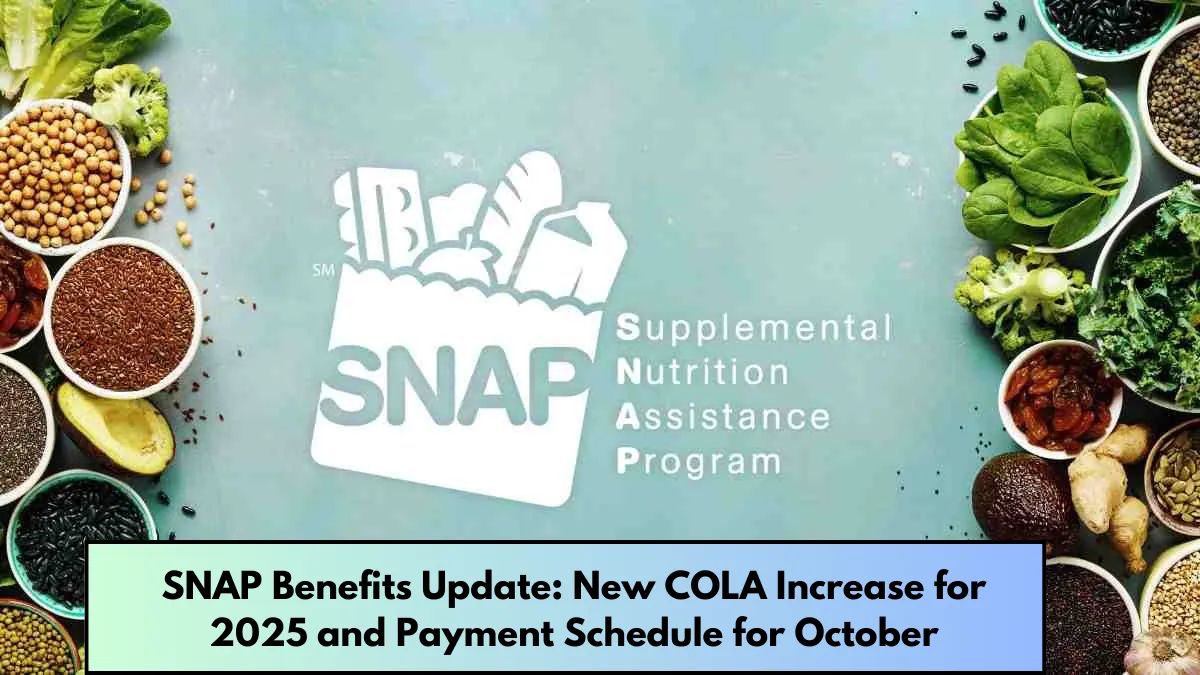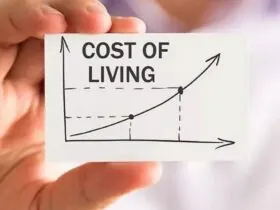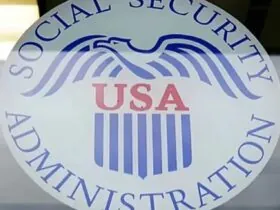The Supplemental Nutrition Assistance Program (SNAP) is set to undergo changes in October 2024, with a new Cost of Living Adjustment (COLA) increase announced by the U.S. Department of Agriculture (USDA). However, not all recipients will see a boost in their benefits, and some may even experience a reduction.
USDA Announces 2025 COLA Increase for SNAP Benefits
This Article Includes
The USDA has confirmed that the COLA increase will affect recipients in the 48 contiguous states, the District of Columbia, Guam, the U.S. Virgin Islands, and Alaska. Due to the higher cost of living in Alaska, Guam, and the U.S. Virgin Islands, these areas will see significantly larger benefit amounts compared to the mainland. On the other hand, Hawaii will not receive any increase. In fact, Hawaii will experience a reduction in benefits, making it the only state to face this adjustment.
When Does the New COLA Come Into Effect?
The new COLA increase for SNAP benefits will go into effect on October 1, 2024. Beneficiaries who receive their payments on this date will be the first to notice the changes. However, the increase is minimal, so recipients may not observe a substantial difference in their monthly benefits. While the boost is welcome, it may not significantly impact household budgets, particularly in states facing higher living costs.
Maximum SNAP Amounts Following the COLA Increase
As the COLA adjustment is applied, the maximum monthly SNAP benefits for each state will vary depending on the cost of living. This adjustment is designed to help low-income households keep pace with inflation, though its effect may not be as substantial as some recipients might hope. Those living in areas with a higher cost of living, such as Alaska, Guam, and the U.S. Virgin Islands, will benefit more from the COLA increase.
SNAP Payment Schedule for October 2024
SNAP payment dates vary significantly depending on the state or U.S. territory where recipients live. In some locations, payments will be distributed as early as October 1, while in others, the distribution could stretch to the end of the month. Below is a breakdown of the SNAP payment schedule for October 2024 across different states and territories:
States with Earlier Payments
- Alaska: October 1
- Connecticut: October 1-3
- Arizona: October 1-13
- California: October 1-10
- Nevada: October 1-10
- Rhode Island: October 1
- New York: October 1-9
States with Longer Distribution Periods
- Alabama: October 4-23
- Florida: October 1-28
- Georgia: October 5-23
- Indiana: October 5-23
- Kentucky: October 1-19
- Texas: October 1-28
- Louisiana: October 1-23
States with Mid-Month Payment Dates
- Maine: October 10-14
- Michigan: October 3-21
- Massachusetts: October 1-14
- North Carolina: October 3-21
- Wisconsin: October 1-15
U.S. Territories
- Guam: October 1-10
- Puerto Rico: October 4-22
- The District of Columbia: October 1-10
- U.S. Virgin Islands: October 1
What to Expect From the COLA Increase
While the COLA increase is intended to help SNAP recipients manage rising living costs, the actual increase is quite small. In states with relatively lower living costs, the change may go unnoticed. On the other hand, areas with a higher cost of living, particularly in Alaska and U.S. territories, will experience a more noticeable difference. Unfortunately, Hawaii stands out as the only state where benefits will be reduced rather than increased due to the cost of living adjustment.
Conclusion
The 2025 COLA increase for SNAP benefits aims to provide relief for low-income households, although the impact may vary significantly depending on location. Beneficiaries across the U.S. should keep an eye on their payment schedules for October, especially as states and territories have different distribution timelines. While the increase offers some relief, it may not fully offset the rising costs of living for many recipients.







Leave a Reply